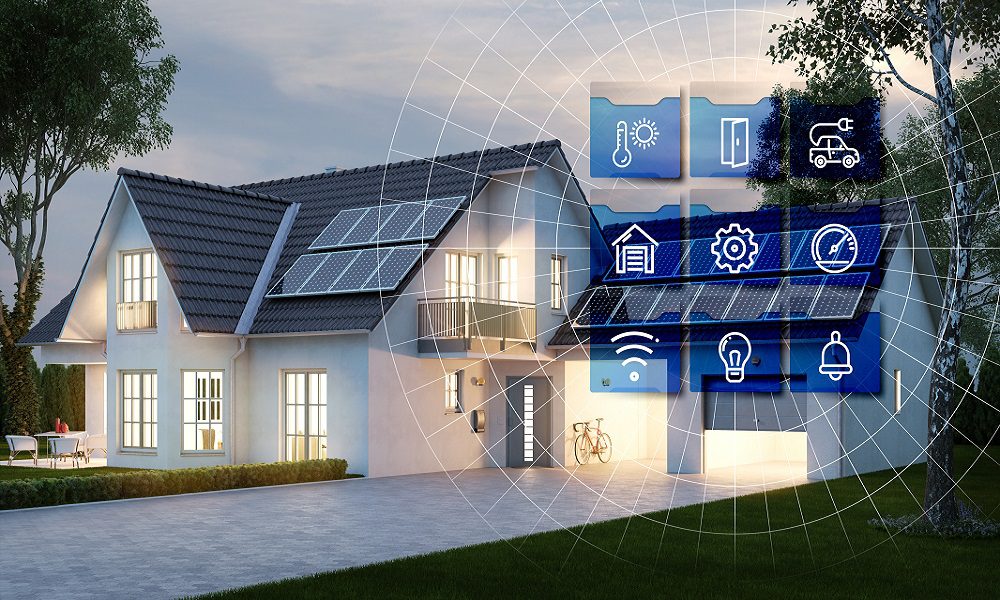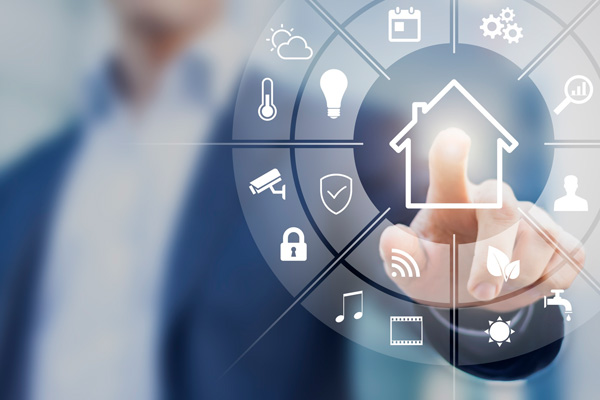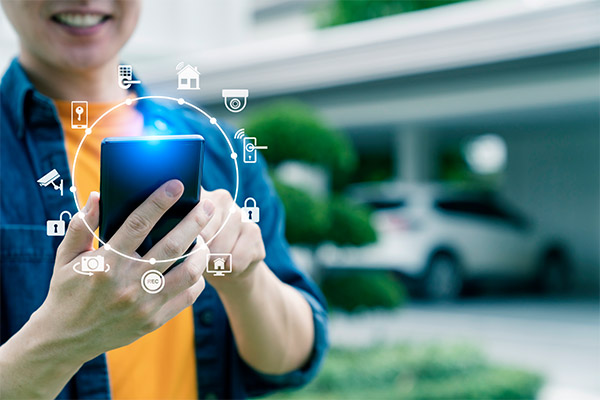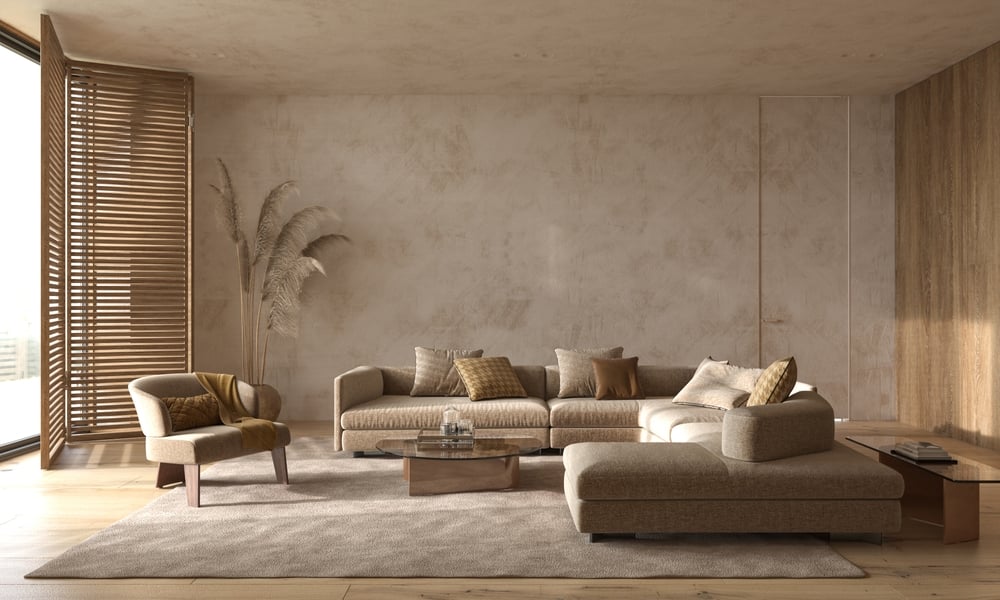
In recent years, technological advancements have revolutionized various aspects of our lives, including the way we interact with our homes. The emergence of smart technologies has transformed traditional houses into intelligent living spaces, enhancing convenience, comfort, and energy efficiency. This shift towards the integration of smart technologies and design is shaping the future of homes.
Smart Home Automation

One of the key elements of the future home is smart home automation. With the help of interconnected devices and Internet of Things (IoT) technology, homeowners can control and manage various systems within their houses. From lighting to security, heating to entertainment, smart home automation offers a seamless and personalized experience.
Imagine arriving home after a long day at work, and your smart home system automatically adjusts the temperature, lighting, and music to your preferred settings. With voice commands or a simple tap on your smartphone, you can dim the lights, lock the doors, or even start your coffee maker from any room in the house.
Energy Efficiency
As environmental concerns continue to rise, energy efficiency has become a crucial aspect of future home design. Smart technologies play a significant role in reducing energy consumption and carbon footprint. Smart thermostats, for instance, learn your behaviors and adjust the temperature accordingly, maximizing comfort while minimizing energy waste.
Moreover, smart lighting systems utilize sensors and natural light detection to optimize brightness levels. They automatically adjust the intensity or turn off lights in unoccupied rooms, saving energy and reducing electricity bills. Smart appliances, such as refrigerators and washing machines, also contribute to energy efficiency by operating during off-peak hours or consuming less power.
Security and Safety

Smart technologies have greatly enhanced home security and safety, providing homeowners with peace of mind. Smart security systems offer features such as remote monitoring, motion detection, and video surveillance, allowing you to keep an eye on your property from anywhere in the world.
Furthermore, smart smoke detectors and carbon monoxide alarms can detect potential hazards and send real-time alerts to your smartphone. They can also be integrated with other systems, such as smart door locks, to ensure the safety of your loved ones and possessions.
Personalization and Accessibility
The future of home design is all about personalization and accessibility. Smart technologies enable homeowners to customize their living spaces to suit their individual preferences and needs. From adjustable lighting and motorized window shades to voice-controlled entertainment systems, smart homes offer a level of convenience and comfort that was once unimaginable.
Additionally, smart technologies enhance accessibility for individuals with disabilities or mobility issues. Voice commands and automation systems simplify tasks and allow for independent living. Smart home devices can be controlled via smartphone apps or integrated with voice assistants like Amazon Alexa or Google Assistant, offering hands-free control and making everyday tasks more manageable.
The future of home design is being shaped by the integration of smart technologies and innovative design concepts. Smart home automation, energy efficiency, security, personalization, and accessibility are driving the evolution of homes into intelligent living spaces. As technology continues to advance, we can expect even more exciting developments that will transform the way we live and interact with our homes.
Best Handmade Wood Furniture Near in Maryland and DC
June 26, 2025
Comments are closed.
More News
-
Modern Living: Innovations in Home Comfort
March 27, 2023 -
Why hard water consumption is bad for your health
March 10, 2025







